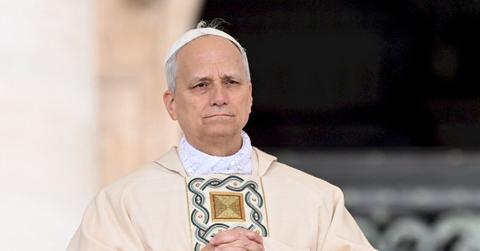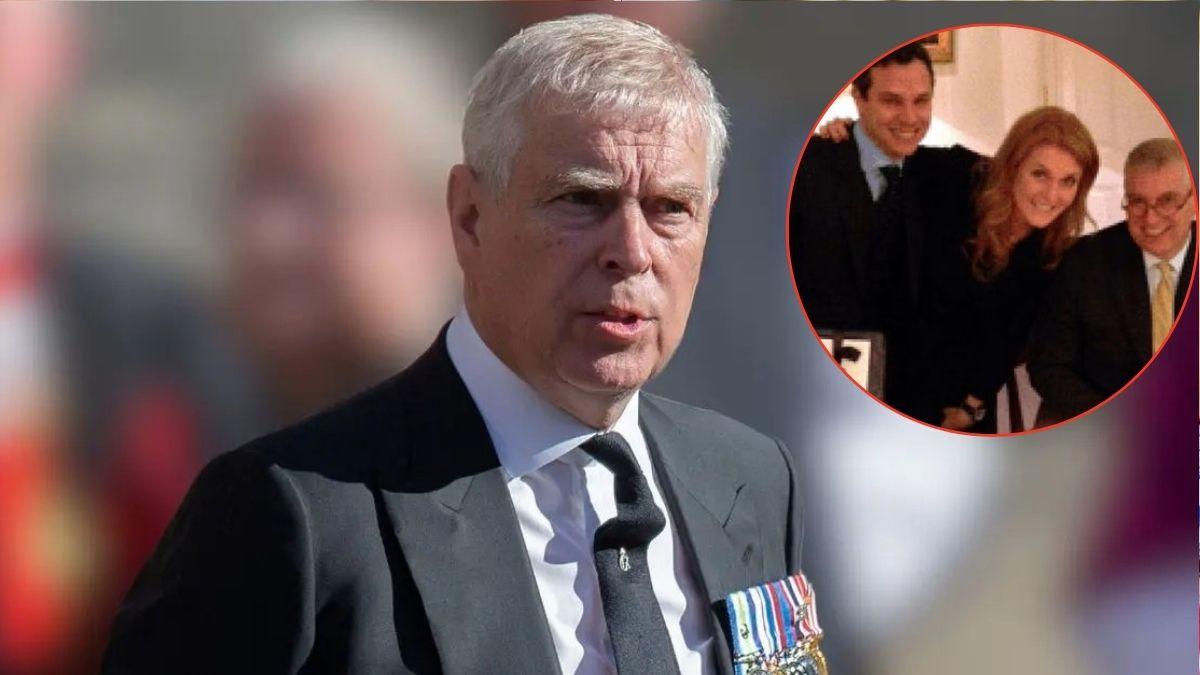EXCLUSIVE: Holy Roller! How Pope Leo Could Rake in $33,000 a MONTH – Without Spending a Penny

The Pope could make a small fortune.
June 9 2025, Published 6:30 a.m. ET
It really is pennies from heaven.
Newly installed Pope Leo XIV is entitled to a massive monthly stipend that’s estimated at $33,000 – in addition to other pricey perks as the head of the Roman Catholic Church, RadarOnline.com can reveal.
Even though Leo has plenty of dough at his disposal, the 69-year-old pontiff's every need will be provided for by the Vatican, which is the world's smallest independent country.
It means the leader of the globe’s 1.4 billion Catholics – who was formerly known as Cardinal Robert Francis Prevost – won't have to pay a cent for ecclesiastical clothing, accommodations, travel, food, health care or security.
Pope Leo has access to a fleet of vehicles, official residences and a generous allowance for donations for his spiritual stewardship – and gets his laundry done.
Charitable Move

Pope Francis famously declined a salary and lived far from luxury.
Despite being technically entitled to the loot, the Pope has declined to take the wage – just like his predecessor.
But he still lives in total luxury.
He will also oversee a vast financial empire that includes Peter's Pence – an annual collection from Catholics around the world that generates over $25 million annually for support of the pope's mission and charitable works.
Chicago-born Leo's predecessor, Pope Francis – who was known for his humble lifestyle – refused any personal income during his tenure from 2013 to 2025.
Francis also famously chose to live at the modest Domus Sanctae Marthae guesthouse on Vatican grounds – instead of the traditional papal residence in the opulent Apostolic Palace.
Pope Leo can have his wage sent to charities.
Taxing Time?

Father Bill Lego, a seminary classmate, said Pope Leo's leadership and humor were evident even before his time ministering in Peru.

While the first American pope answers to a higher authority, he may still have to pony up to Uncle Sam – unless U.S. officials give him a pass on filing a tax return.
Edward A. David, an assistant professor in the department of theology and religious studies at King's College London, said: "U.S. tax law claims the right to tax all citizens on their worldwide income.
"There is no blanket exception for religious personnel nor for people who are diplomats/head of state for foreign countries such as the Vatican."



